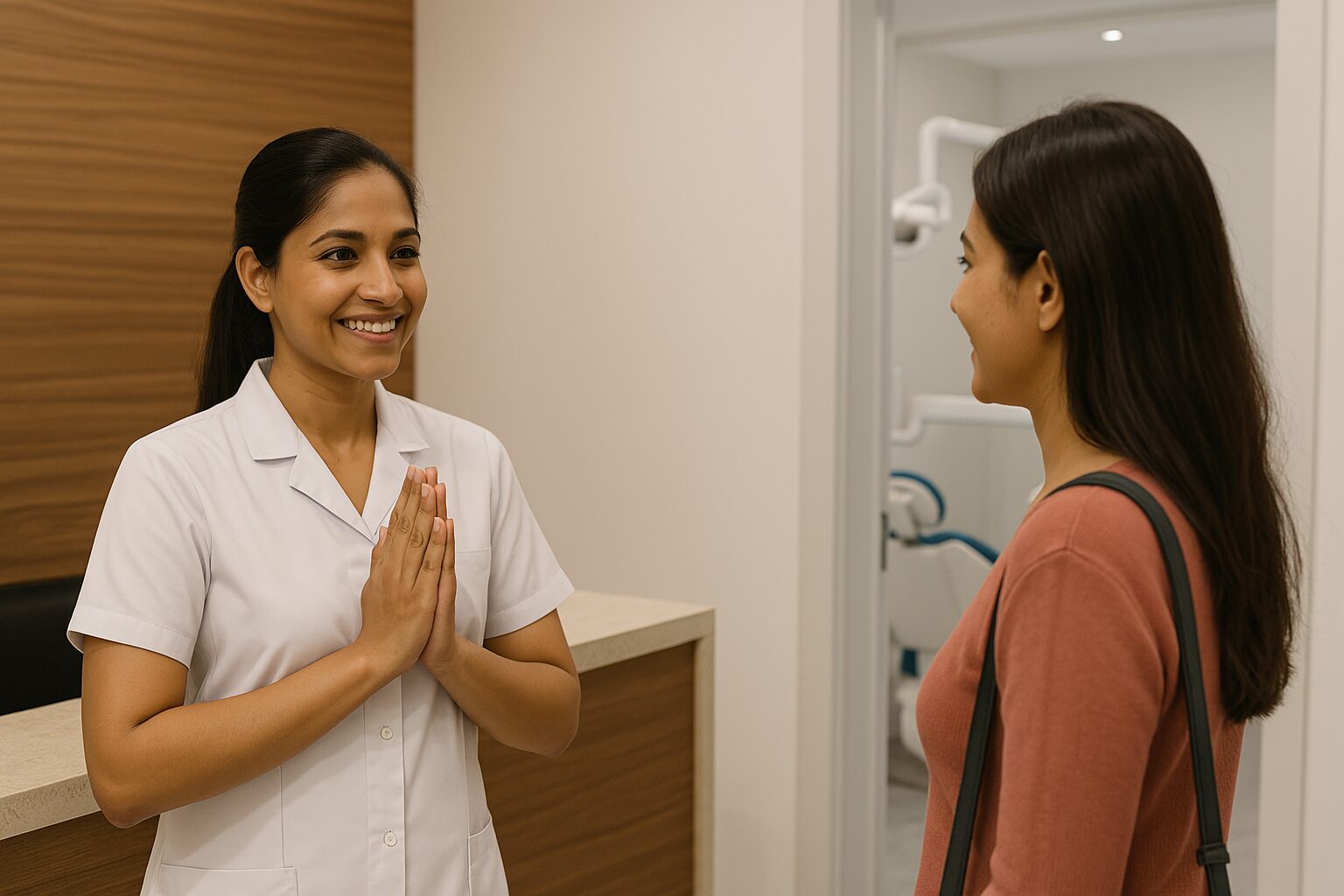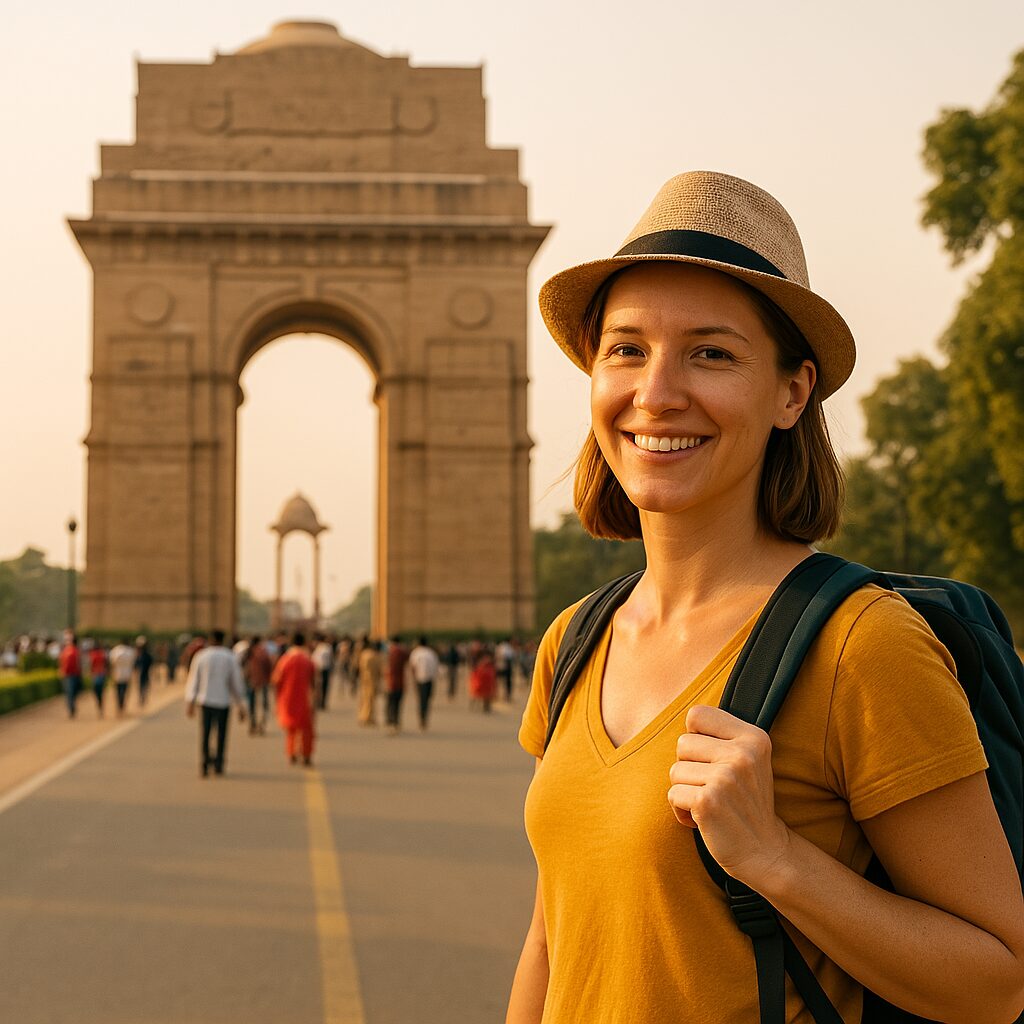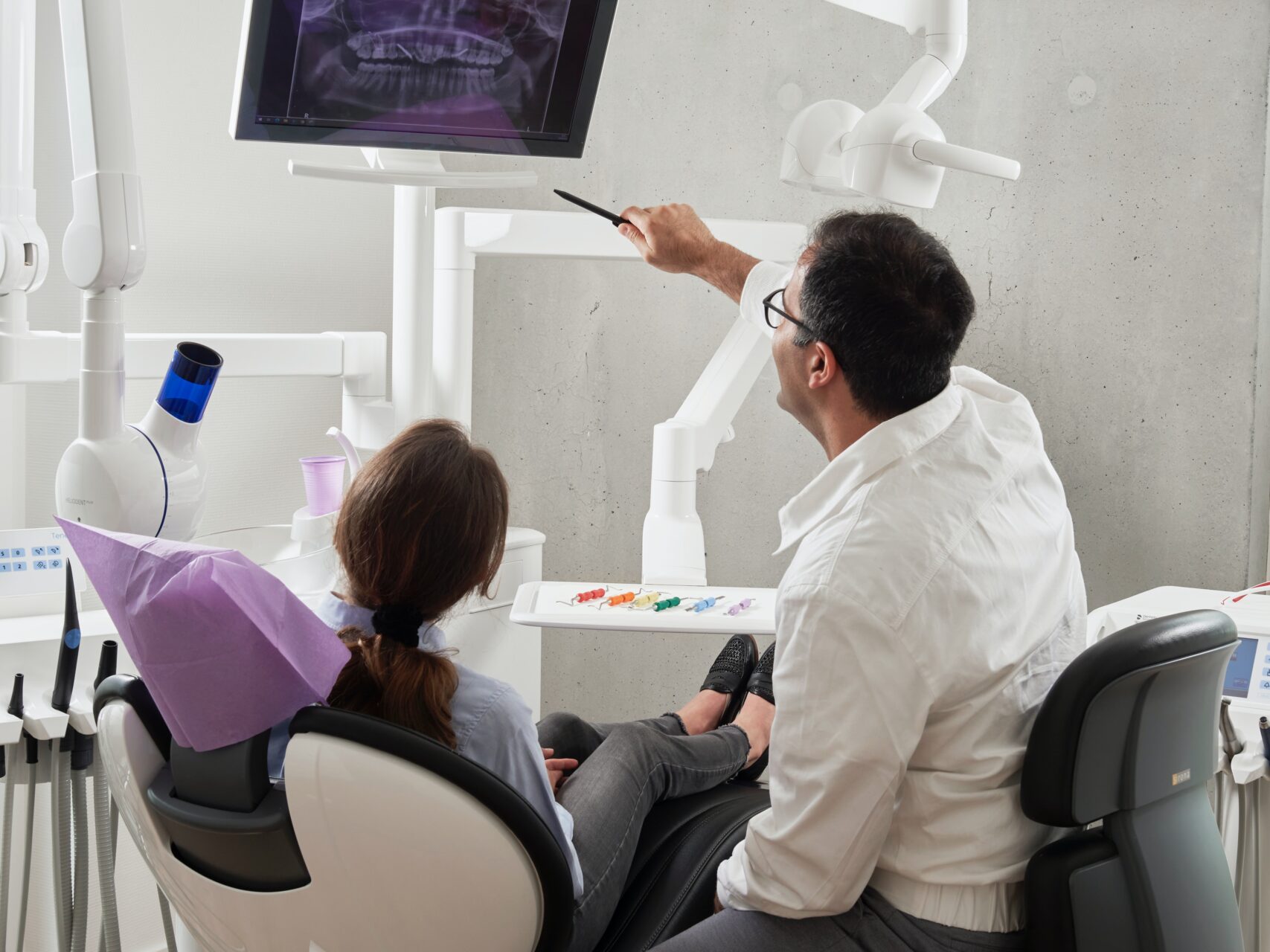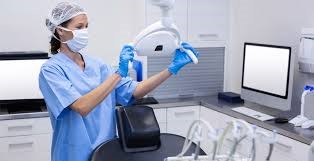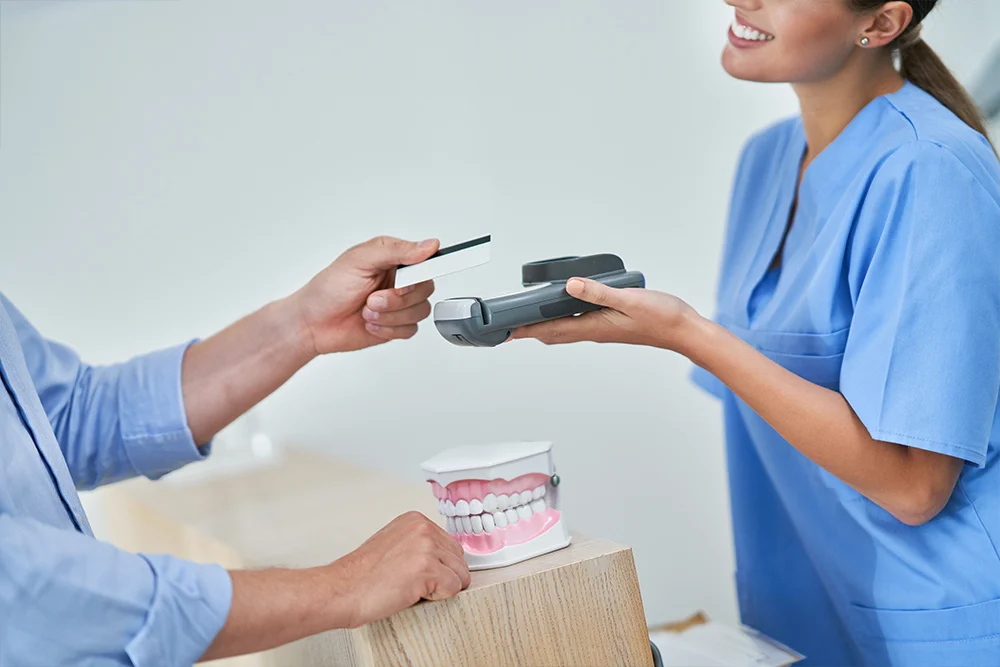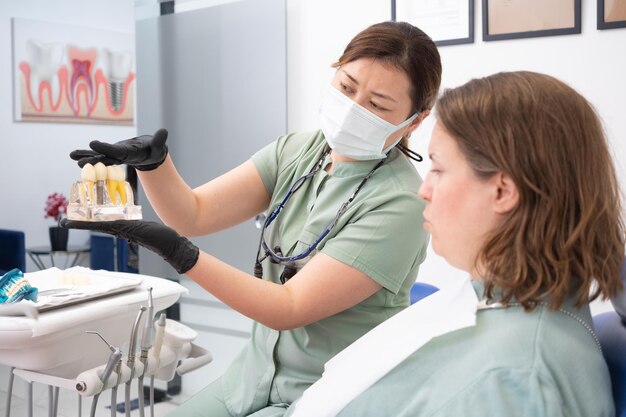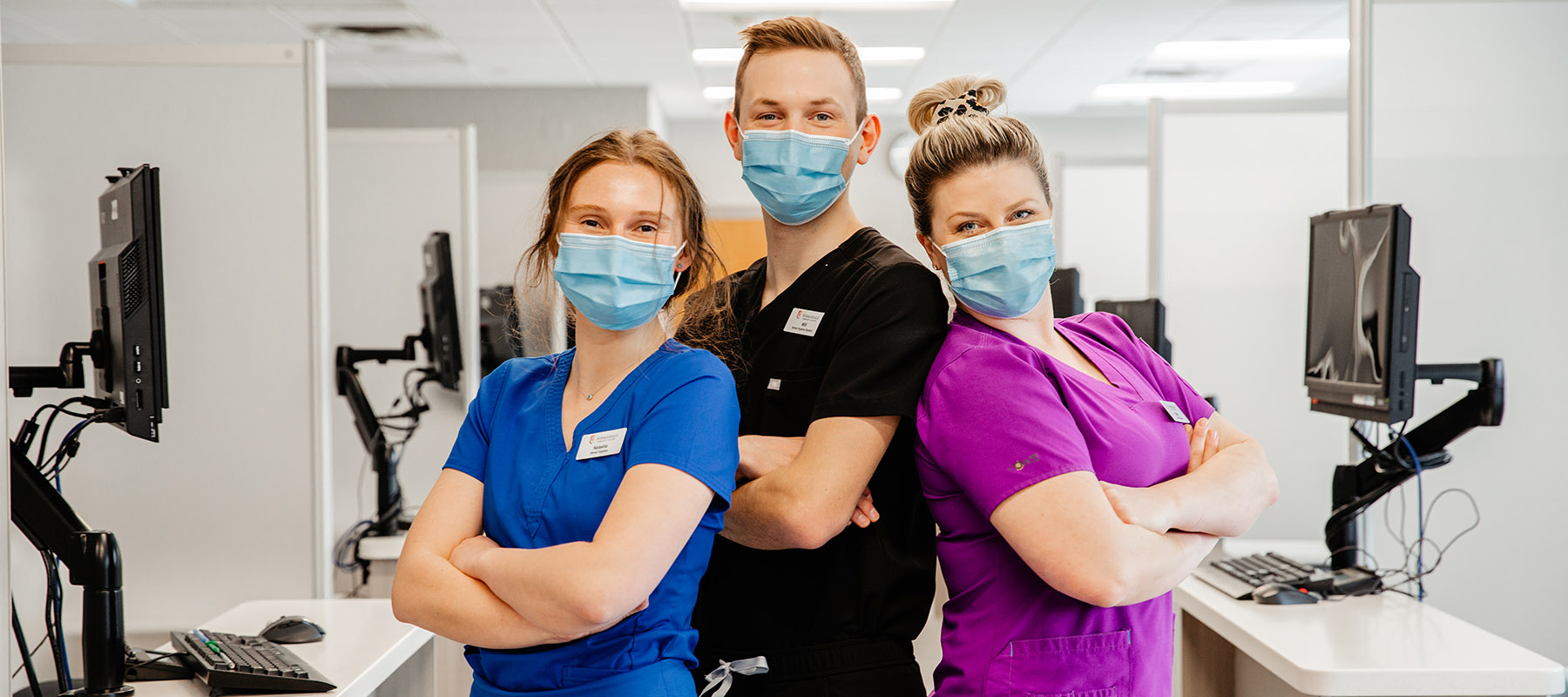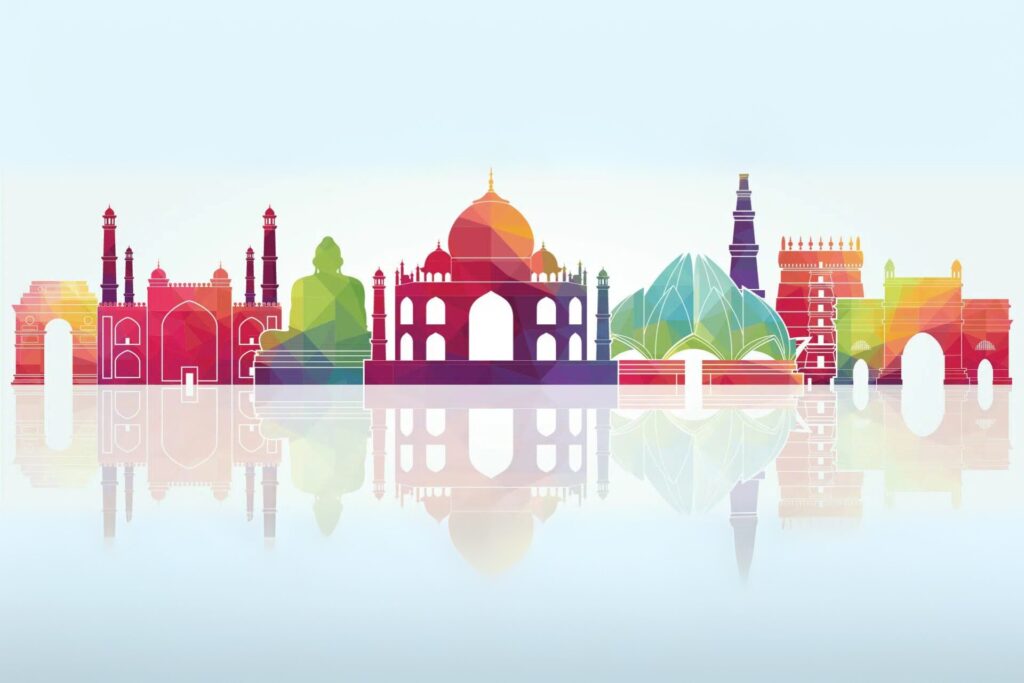
What I Learned About Culture by Sitting in a Dentist’s Chair in India
By Patrick-Australia
When I boarded my flight to Delhi for dental work, I had two things in mind: my smile and saving some money. I had done plenty of research on the best dental clinic in Delhi, read reviews, asked questions in forums, and finally booked an appointment at one of the best dental clinics in South Delhi which was “Smile Delhi-The Dental Clinic”. What I didn’t expect, though, was how much I would learn about Indian culture while sitting in that dentist’s chair. From hospitality to professionalism, and even the little rituals around care and communication, this trip for dental treatment in India turned into a cultural deep dive.
Warm Welcomes and Hospitality: The Indian Way
From the moment I stepped into the dental clinic in South Delhi, I was welcomed with folded hands and a warm “Namaste”. It may seem like a small gesture, but it instantly made me feel at ease. Unlike clinical and rushed greetings in Western practices, here, there was a sincere interest in making me feel at home.
The waiting room didn’t feel sterile; it felt curated. Gentle music played in the background, and the space was filled with calming decor and soft lighting. At many dental clinics in Delhi, hospitality is not just good practice; it’s a reflection of Indian culture itself—warm, respectful, and attentive.
Dental Tourism in India: A Cultural Bridge
India is fast becoming a global hub for dental tourism. With top-tier professionals, cutting-edge technology, and significantly cost effective, it’s no surprise that many people travel here for everything from cosmetic dentistry in Delhi to dental implants in India.
While I was waiting, I met another patient from the UK, also in India for a smile makeover. As we talked, I realized that patients from around the world are choosing to have dental treatments done in India not only because of the affordability but because of the experience. Clinics like the best cosmetic dentist in Delhi combine expert care with personalized attention that’s hard to find elsewhere.
The Consultation: A Lesson in Listening
My consultation with the best dentist in Delhi was unlike any I’d had before. The session wasn’t rushed. Instead, it began with a conversation about my expectations, my lifestyle, and even how I felt about my current smile.
The dentist Dr. Suprriya Bhatia, a specialist known for offering the best dental implants in India, patiently explained each treatment option—from veneers to dental implants, from teeth whitening in Delhi to root canal treatment in Delhi. She even discussed the porcelain veneers cost in India and the teeth whitening cost in Delhi in detail.
This depth of discussion reflects the Indian value of holistic care—not just treating a tooth, but treating the whole person.
Modern Facilities with a Personal Touch
You might think that low costs would mean outdated equipment or compromised quality. Quite the opposite. The dental clinic in Delhi NCR I visited boasted ultra-modern technology—digital X-rays, 3D imaging, and even same-day crown facilities. It was on par, if not better, than clinics I’d visited back home.
But what really stood out was how that modernity was balanced with humanity. The best cosmetic dentist in India knew my name, remembered details from our last conversation, and always checked on my comfort. It wasn’t just about the cosmetic dental clinic vibe; it was about human connection.
Hygiene Standards and Cultural Rituals
One thing I deeply appreciated was the attention to hygiene. Before each procedure, I noticed the staff engaging in detailed sterilization rituals. There’s a cultural respect for cleanliness here that aligns beautifully with medical best practices.
The dental clinics in India I explored also used single-use instruments when necessary, and the dentist wore gloves, face shields, and PPE during every interaction.
Affordability Meets Transparency
The cost of veneers in India, RCT cost in Delhi, and even dental implant cost in India were a fraction of what I would have paid in my home country. But more than the cost, it was the transparency that impressed me. There were no hidden charges. The team explained every detail—from the smile makeover cost in India to the estimated root canal cost in Delhi.
This level of openness is rooted in Indian business ethics, where relationships and trust matter as much as the transaction.
Communication Styles: Respect and Reassurance
In India, communication with patients is deeply respectful. Whether you are speaking with the receptionist or the best dentist in South Delhi, you are addressed with a kind of professional formality that feels comforting. There’s no rushed tone or medical jargon being thrown around.
When I asked about dental implants in Delhi, the implant dentist walked me through the procedure step by step. There were visuals and models. In Indian clinics, information is empowerment.
Food, Smiles, and Aftercare
After my procedures, I received a personalized dietary plan and recovery tips. What blew me away? The staff even gave food recommendations that respected my recovery needs but introduced me to soft, delicious Indian dishes like khichdi and dal.
One of the doctors at the dental clinic in South Delhi even called me later that evening to check how I was feeling. This is more than service; it’s seva—the Indian concept of selfless care.
The Takeaway: A Smile and So Much More
I went to India looking for the best dentist in Delhi NCR and came back with so much more than a bright smile. I returned with a deep appreciation for Indian values—respect, care, tradition, and modernity. The cosmetic dentist in Delhi didn’t just work on my teeth; they transformed how I see cross-cultural healthcare.
If you’re searching for the best dental clinic in Delhi near me or wondering about the dental implant cost in India, know this: you’re not just signing up for a treatment. You’re about to experience a beautiful blend of medical excellence and heartfelt hospitality.
Whether it’s a simple RCT specialist appointment or a full smile makeover near me, India dental tourism is more than an economic decision—it’s a cultural journey.
So next time someone asks me, “Why did you go to India for dental work?” I’ll say, “For the smile, sure. But also for the soul.”
To book an appointment with us at, ‘Smile Delhi – The Dental Clinic’ – call us on +91-9811106871 or WhatsApp Dr. Suprriya B Bhatia on +91-9811106377. You can also mail us on [email protected].
“We Care to Make You Smile”
Posted by: Dr Twesha Huidrom


